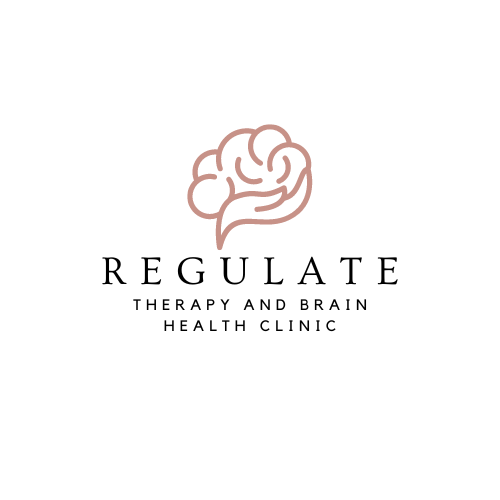The Truth We Believe About Ourselves
Core beliefs they’re called. Schemas. Frameworks. Filters. Worldviews.
We develop them based off of our interactions with people from birth until this moment. Series of successes, failures, losses, harsh words and abuse have the potential to shape the most fundamental frameworks and ways in which we see, perceive, and interact with our world. Beliefs are the “truth” filters that we interpret every situation we’re in. They lead to thoughts, feelings, and behaviors. They are the foundation out of which all of life, habits, reactions, and relationships unfold.
Some beliefs are positive. And some of them, of course, are negative. Some are actually very, very, unhelpful and cause us a lot of distress and heartache.
Remember the concept of neurons that fire together wire together? These are involved in this framework creation.
Negative core belief formation could look like this: As a child, your father came home drunk a lot and fights between your parents ensued. You took the position of appeasing everyone as often as possible so as to not to cause more conflict. You didn’t want people to be mad or sad so if you did your best to simply please everyone by being kind and keeping all of your upsetting feelings to yourself. This helped you survive. It worked during that time. A core belief developed, “I am responsible for others’ happiness” or “I have control how happy others are.”
You keep that negative core belief and move forward into marriage and children. You have conflicts with your teenage daughter who wants to go out later than you would prefer. She’s with friends you don’t want her to be with and you fear she might be dabbling with substances. You confront her but things get loud. She says some mean words and you feel rejected. You don’t realize it but you’re triggered by the noise, the sense of rejection, and fear of losing someone you love. You eventually compromise your expectations and loosen your boundaries because you don’t want the conflict or the loss. As long as everyone is “happy,” so are you.
Dr. Curt Thompson talks about our “shame attendant” whose job is to judge you, cause you to question yourself, and question truth. He shows himself in our language, feelings, and responses for the sheer purpose of dysregulating us. The shame attendant is not the voice of truth, it’s not the voice of Jesus.
Other examples of negative core beliefs that come from trauma:
“I have to be in control.”
“I am powerless.”
“I am responsible for others’ happiness.”
“I don’t deserve good things.”
“I must not fail.”
“I can’t be alone”
We have the ability to evaluate our beliefs and align them with Truth
“I can recognize what I can control and what I can’t”
“I am okay as I am”
“Others can manage their own emotions”
“I learn when I make mistakes”
“I am worthy of love and respect”
Really though, we all need core belief check-ups from time to time.
Some questions you can ask yourself:
Where did this belief about myself come from?
Is this belief truthful?
Is this a belief about the world that I want to keep or one that is helpful?
What would I prefer to believe to be true about what happened?
It takes time and practice to confront those negative beliefs. They don’t change over-night but they can change. We have to beat them back with the truth stick and let people help us through it. We can learn to see ourselves as God sees us: loved, worthy, and respected.
Then we’ll see clearer and regulate better.
We all want that.
